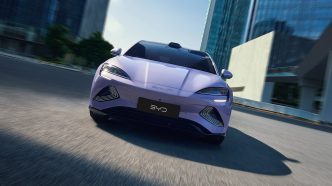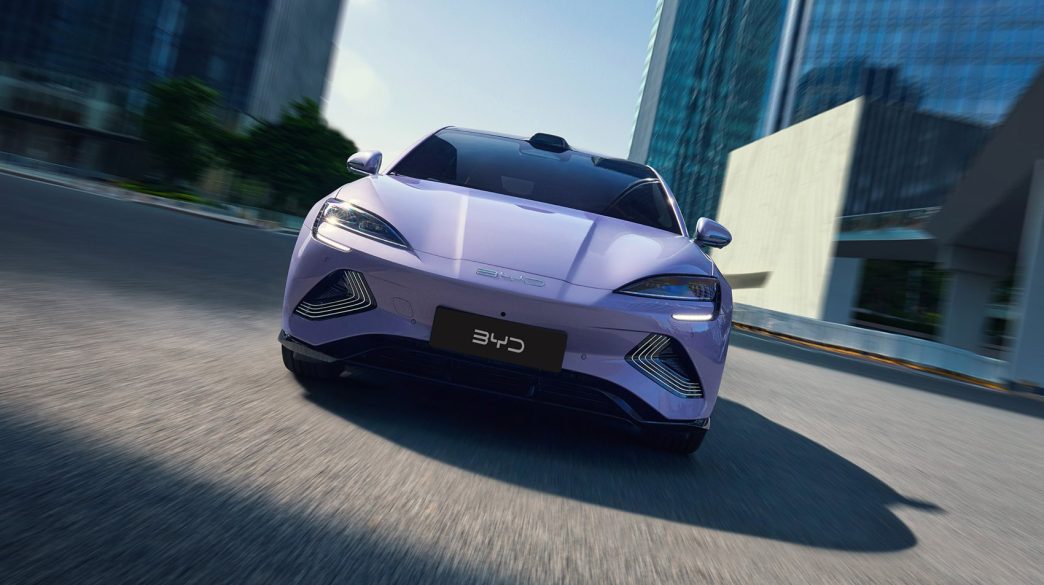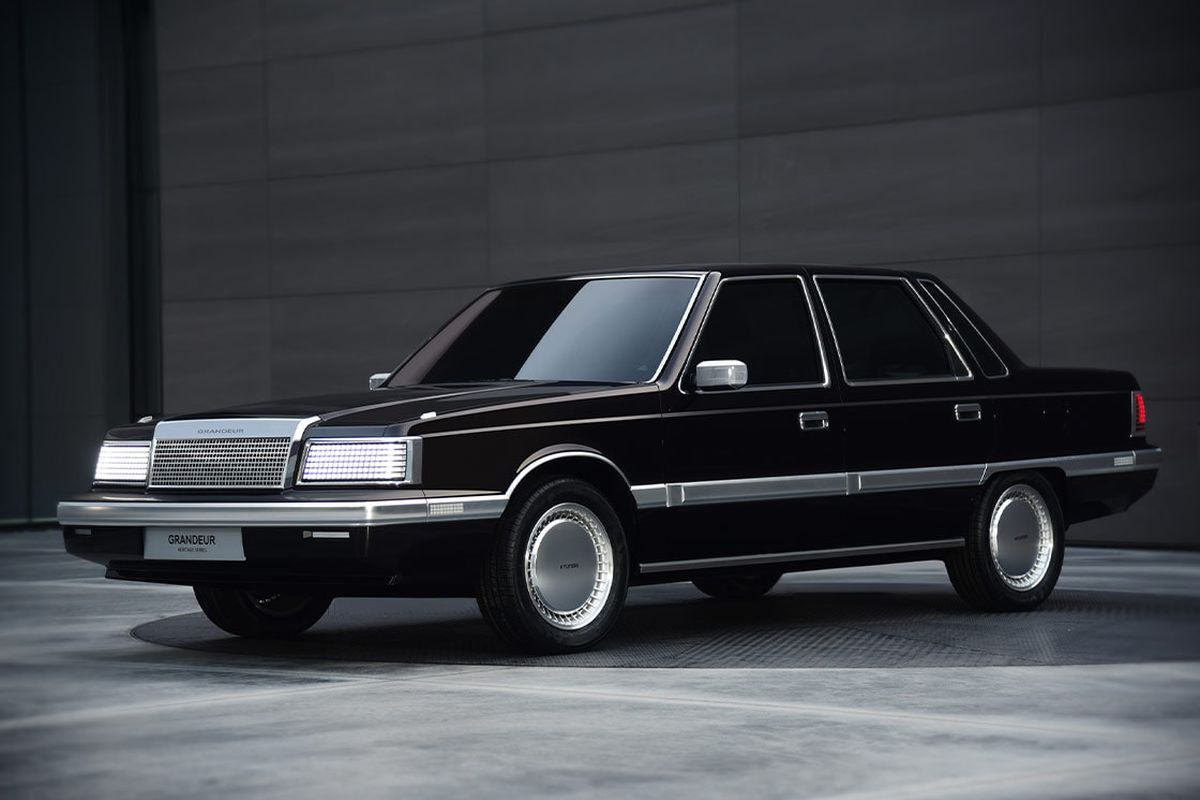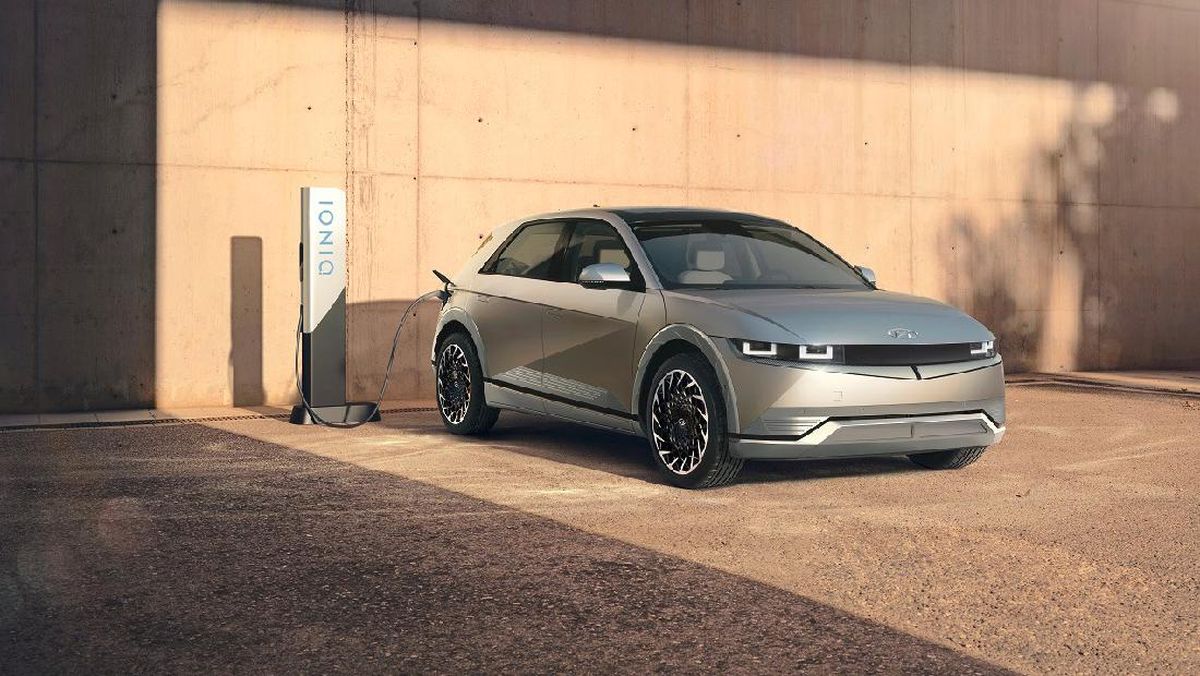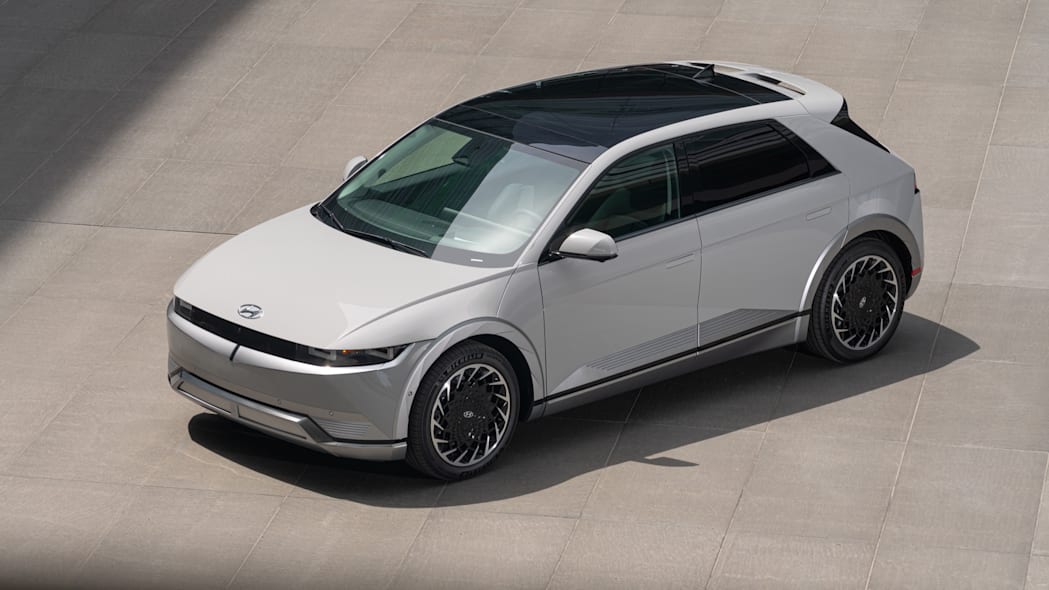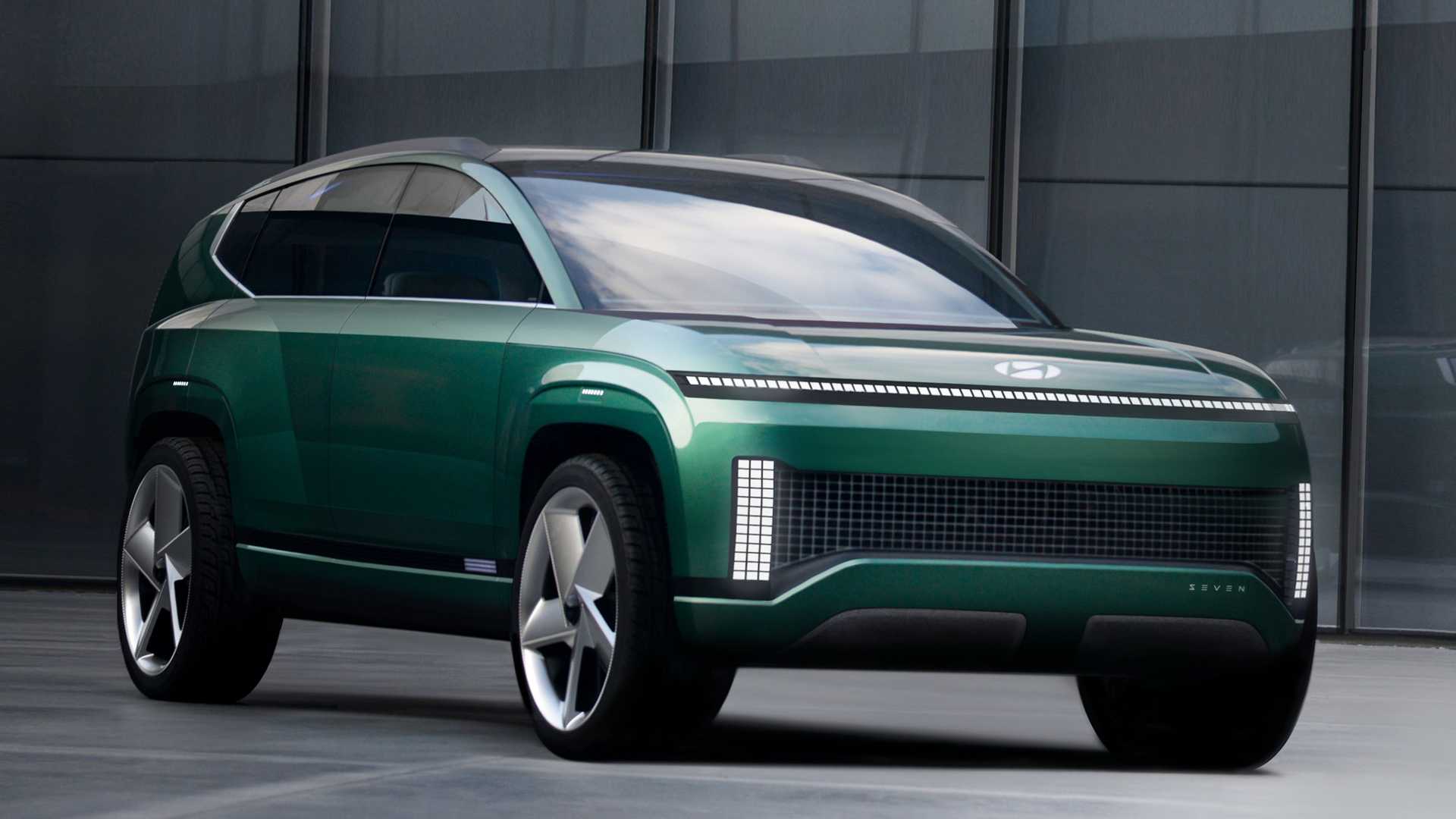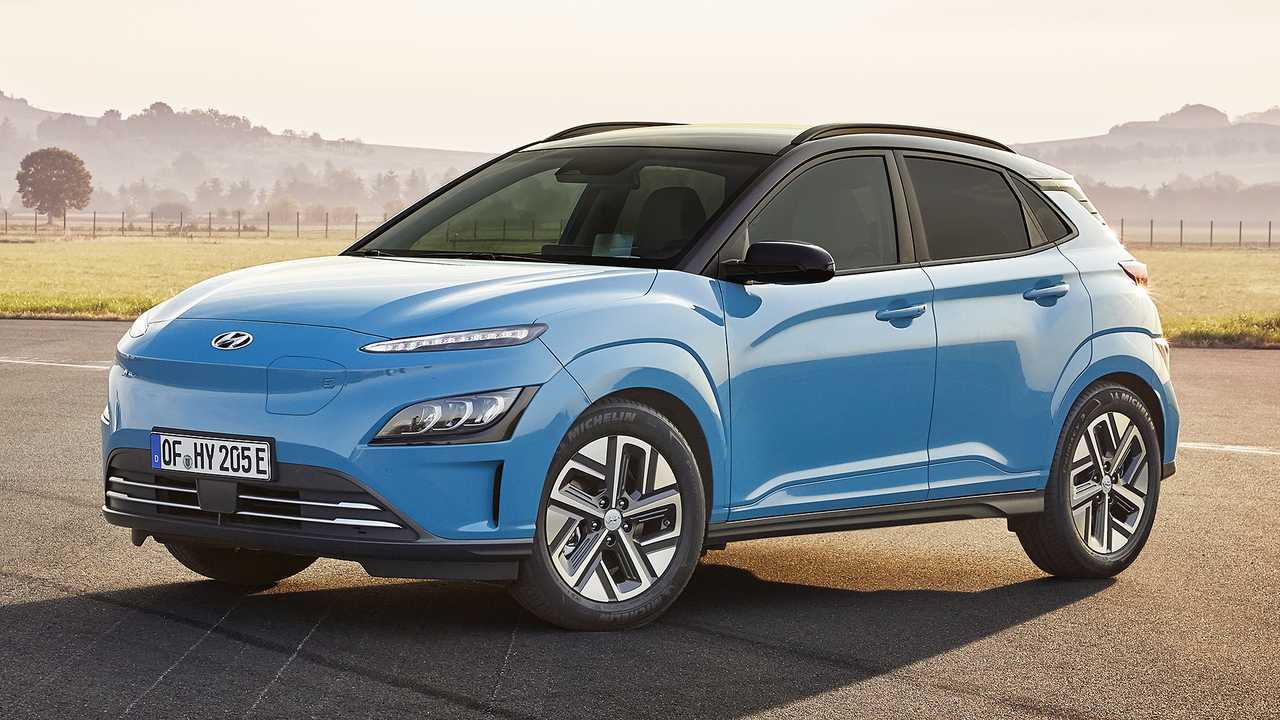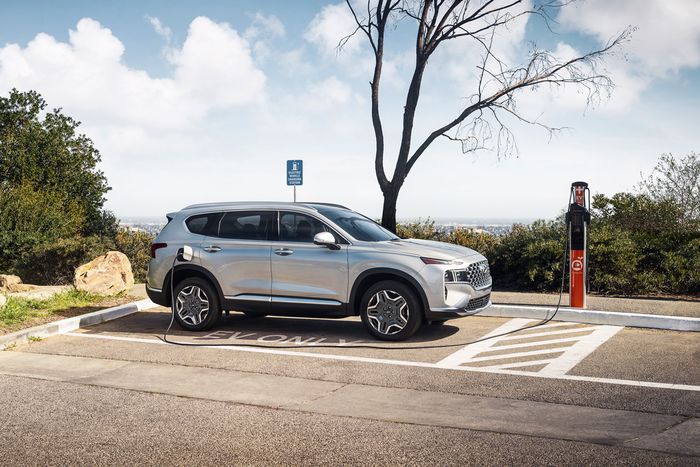Kia and Hyundai remain confident as Chinese automaker BYD prepares to launch its passenger electric vehicles in South Korea by 2025. While BYD has been active in South Korea’s commercial vehicle market since 2016, this marks its first attempt at entering the passenger car sector.
The South Korean auto market poses distinct challenges for BYD compared to its other markets. Industry insiders largely believe BYD’s strategy of offering low-cost electric vehicles may struggle to attract South Korean consumers.
“I understand that Hyundai and Kia’s internal response to BYD’s entry to the domestic market is lukewarm. Not only have they not discussed specific countermeasures, but the internal atmosphere is that BYD will not be able to exert much influence in the domestic market,” an industry insider told Insight Korea.
South Korea imposes an 8% tariff on Chinese cars, limiting BYD’s ability to undercut local brands on price. Additionally, BYD’s use of lithium iron phosphate (LFP) batteries renders its vehicles ineligible for certain subsidies, further narrowing any cost advantage.
Meanwhile, Hyundai and Kia continue to perform strongly in the global EV market, competing effectively against major players like Tesla. The South Korean automakers rely on advanced EV designs and features rather than pricing alone to win over customers, a strategy that has helped them maintain a competitive edge.

